-
KOSPI 2812.05 +41.21 +1.49%
-
KOSDAQ 756.23 +6.02 +0.80%
-
KOSPI200 376.54 +6.64 +1.80%
-
USD/KRW 1373 3.00 -0.22%
South Korea to cut red tape, raise student quota to grow chip talent
Korean chipmakers
South Korea to cut red tape, raise student quota to grow chip talent
Industry officials welcomed the move but aren't convinced it will be enough to meet industry requirements
By
Jul 19, 2022 (Gmt+09:00)
4
Min read
News+
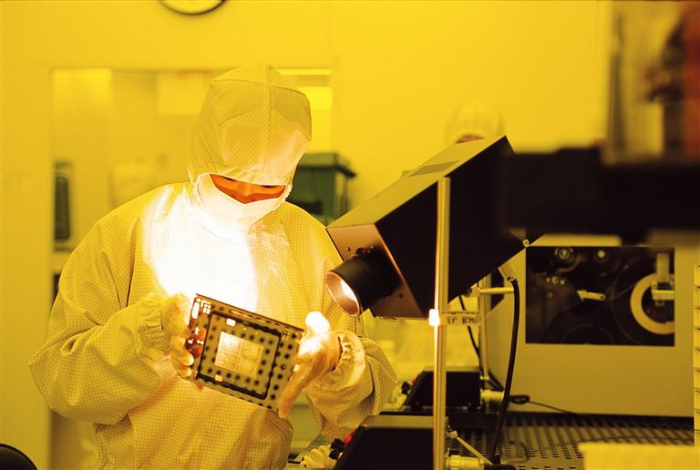
South Korea, home to the world’s two largest memory chipmakers, said on Tuesday it will cut administrative red tape and ease the restrictive student quota system at colleges to nurture talent as the country scrambles for semiconductor supremacy.
The local chip industry welcomed the move but expressed doubt if the announced measures will be sufficient to meet industry requirements.
The government will train 150,000 talented individuals at universities largely in Seoul and the metropolitan area over a decade to ease a dire chip talent shortage in the local semiconductor industry, the Education Ministry and several related ministries said in a joint statement.
Korea’s chip industry has been reeling from a lack of skilled workforce amid criticism that the government has been slow to provide infrastructure and build a professional workforce for the backbone of the Korean economy – Asia’s fourth-largest.
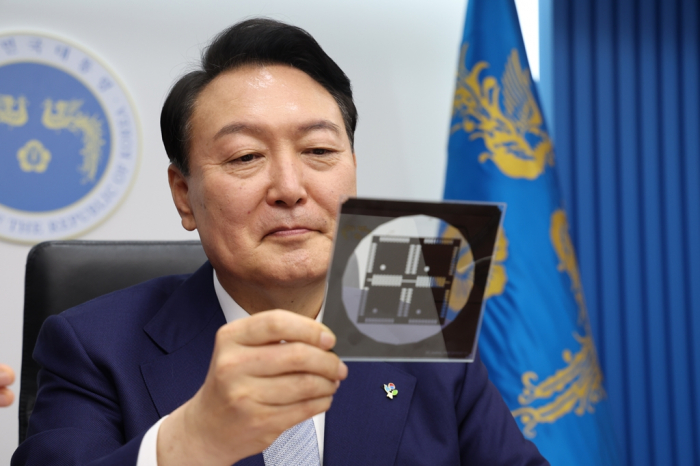
The government estimates that Korea should have at least 304,000 chip experts over the next 10 years if it wants to compete on an equal footing with its archrival Taiwan, home to Taiwan Semiconductor Manufacturing Co. (TSMC), the world’s top foundry chipmaker, and other countries such as China and the US.
Korea currently boasts about 177,000 semiconductor-related professionals employed at chip companies, industry data showed.
“Semiconductor is our national security asset and the core part of our industries,” President Yoon Suk-yeol said, presiding over a Cabinet meeting. “The government must redouble its efforts on fostering semiconductor talent.”
He ordered ministers to revise regulations to allow universities to accept more students for semiconductor-related studies and have experts from companies such as Samsung Electronics Co. and SK Hynix Inc. teach at colleges.
Following the Cabinet meeting, the Education Ministry said it will increase the student quota for the semiconductor and other advanced science and technology departments at universities.
Local universities will be allowed to establish additional chip-related departments, graduates of which will be guaranteed jobs at sponsor companies such as Samsung, the ministry said.
GLOBAL EFFORTS TO SECURE CHIP TALENT
The government move comes as a surge in demand for semiconductors post-pandemic, coupled with a prolonged chip shortage, is forcing policymakers worldwide to revisit policies for nurturing talent and developing an ecosystem for the chip industry.
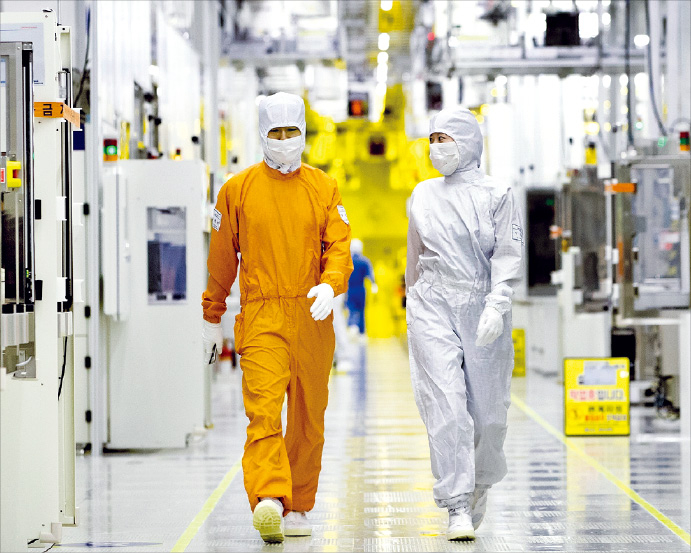
Local industry watchers said Samsung is rapidly losing its share of the global foundry market to TSMC amid insufficient government support.
In Taiwan, colleges can recruit new students twice a year for chip-related departments under a revised college admission law.
China launched a chip industry-academia cooperation platform in 2019 and has provided up to 470 million yuan to each of four major universities, including Peking University, industry officials said.
The US government revised its student visa program in January this year to allow foreign graduates who studied advanced science and engineering to stay in the US for up to three years, compared to a one-year stay previously.
The Joe Biden administration has announced a plan to invest $52 billion in enhancing the chip sector’s competitiveness by spending $13.7 billion on talent development including scholarships for students majoring in related studies.
Across the Atlantic, Europe aims to produce 20% of semiconductors for the global market by 2030 based on cooperation between top colleges and companies in the region.

INDUSTRY WELCOMES BUT CONCERNS REMAIN
The Korean chip industry welcomed the government’s decision to take steps to foster chip talent, but industry officials said the move must be followed by action such as financial support for colleges.
“Local universities with their current budget will find it hard to establish more chip-related departments and hire chip experts as professors,” said Hwang Cheol-Seong, a professor at Seoul National University’s Department of Materials Science and Engineering.
“What the government announced today will not be possible without significant financial support for universities.”
The semiconductor industry’s talent shortage is expected to deteriorate further as major players such as Samsung, Intel Corp. and TSMC are ramping up their production facilities, he said.
An executive at a local chipmaker said the government’s ambitious plan to train 150,000 chip professionals at universities may not meet the industry requirements, given the speed at which semiconductor technology advances.
“Companies often re-train new hires through the on-the-job training. They want skilled and highly-educated workers,” said an industry official.
Write to Man-Su Choe, Dong-Wook Jwa, Ye-Rin Choi and Gyeong-Jin Min at bebop@hankyung.com
In-Soo Nam edited this article.
More To Read
-
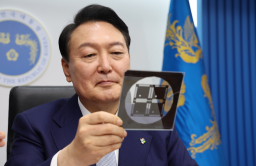 The Deep DiveWhy Korean chipmakers struggle with talent shortages
The Deep DiveWhy Korean chipmakers struggle with talent shortagesJun 10, 2022 (Gmt+09:00)
-
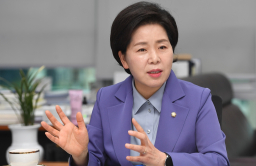 Korean chipmakersKorea may be backpedaling in semiconductor push: Lawmaker
Korean chipmakersKorea may be backpedaling in semiconductor push: LawmakerMay 20, 2022 (Gmt+09:00)
-
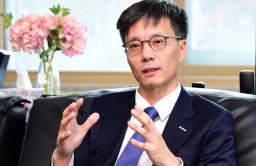 Korean chipmakersKorea losing ground in semiconductor talent development
Korean chipmakersKorea losing ground in semiconductor talent developmentMay 09, 2022 (Gmt+09:00)
-
May 03, 2022 (Gmt+09:00)



